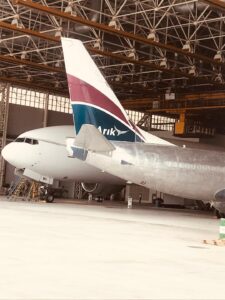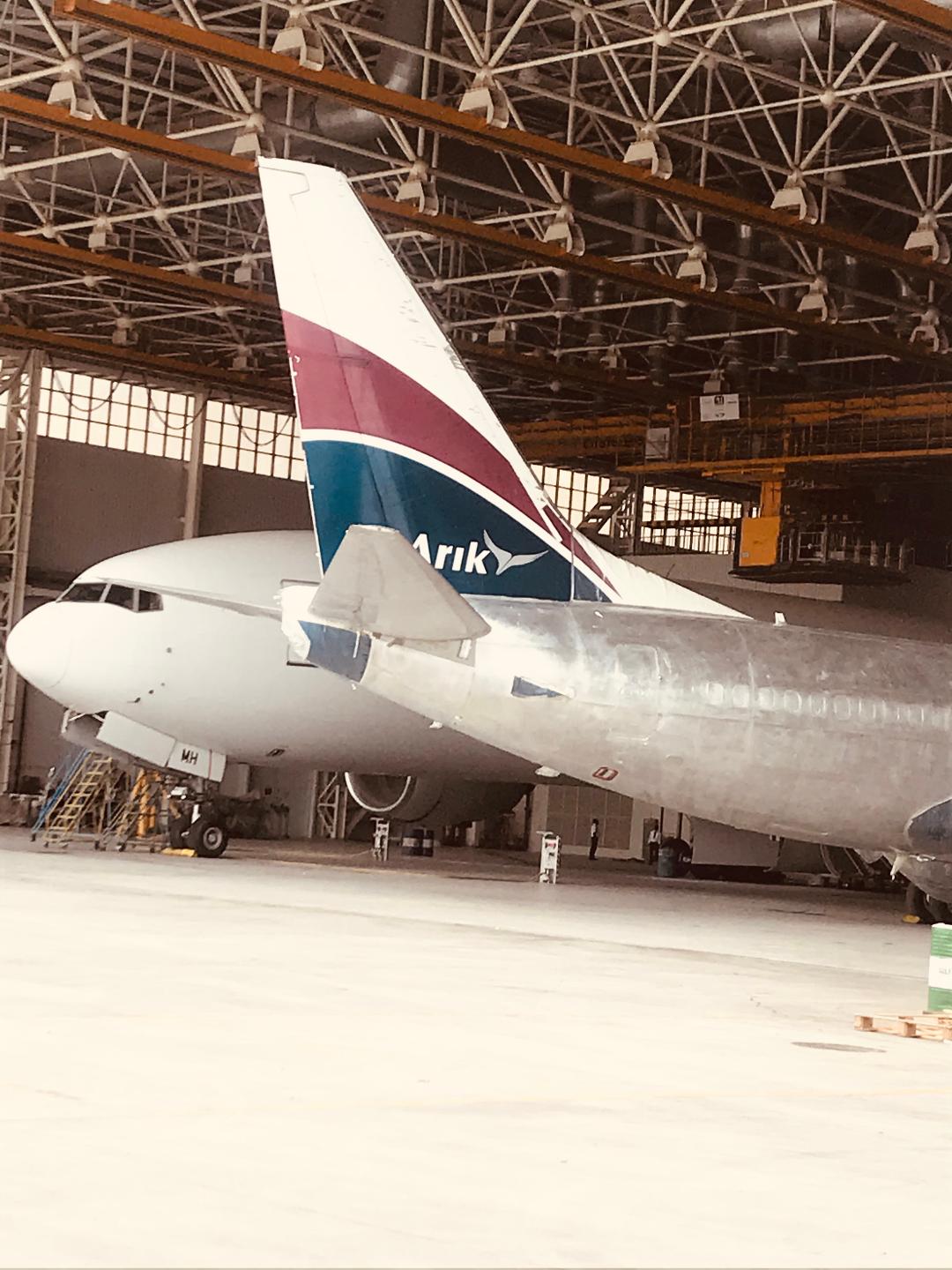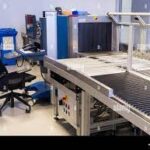
Former Rector of the Nigeria College of Aviation Technology (NCAT), Capt. Samuel Caulcrick, has said there is the need for a Maintenance Repair and Overhaul (MRO) facility in Nigeria.
He said such move would help in building Nigeria’s economy instead of creating business for other countries where Nigerian carriers take their aircraft for maintenance.
Caulcrick explained the urgent need for having an indigenous MRO in the country, stating that the facility would bolster the economy, reduce need for scarce foreign exchange resources, reduce capital flight, create jobs for Nigerians among many other advantages.
The former NCAT boss also said situating an indigenous MRO in the country would remove the cost of ferrying aircraft overseas at hue cost to Nigerian airlines.
He said, “Once an aeroplane is flying in Nigeria, it means it is our economy that is supporting the aircraft to fly. Let’s say it is now one hour to go for an MRO, it means our economy has supported that business for the maintenance to be ready for it to come to the hangar.
“Now, we take the business of the MRO to foreign countries. It means we are creating business for those countries when we were the one that created the business. So, it is better to let it stay within the economy. MRO will support the economy and lead to more aviation development in the country. So, this economy should not lose to other economies after creating that business.”
He also remarked that having local MRO will support the naira, as airlines would now maintain their airrcaft with Naira payment instead of struggling for forex.
“Once the aircraft is taken out, there is the cost of labour that would be paid by the airline. Instead of the airlines to save the Naira it earned in Nigeria, the airlines go to the foreign exchange market and start looking for dollars. The manpower too is no longer local and the airlines go to the foreign exchange market, looking for dollars, thereby further putting additional pressure on naira. This affects our economy and the Nigerian market,” Caulcrick posited.
He further said that locating MROs in Nigeria also meant the government earns personnel tax, as being a formal employment means there is Pay As You Earn (PAYE) which if maintenance is taken abroad another country would now benefit from the service.
“The advantage of having an MRO in Nigeria is that the company is going to use local labour, which is good for the economy, personnel and the government in terms of tax revenues and the experience that the technical experts are going to get, too.Then, you don’t have to pay for fuel to ferry the aircraft to and fro, which you were going to buy in dollars. So, those are the advantages,” he said.
On creating an enabling environment for MRO investors Caulcrick said: “This is simple. This can be done through policy. For instance, the NCAA can say it would not renew an existing AOC (Air Operator Certificate) or issue an AOC to an intending operator without a local MRO identified in the application form. The government can give them a timeline because this could take up to three years to accomplish.”






